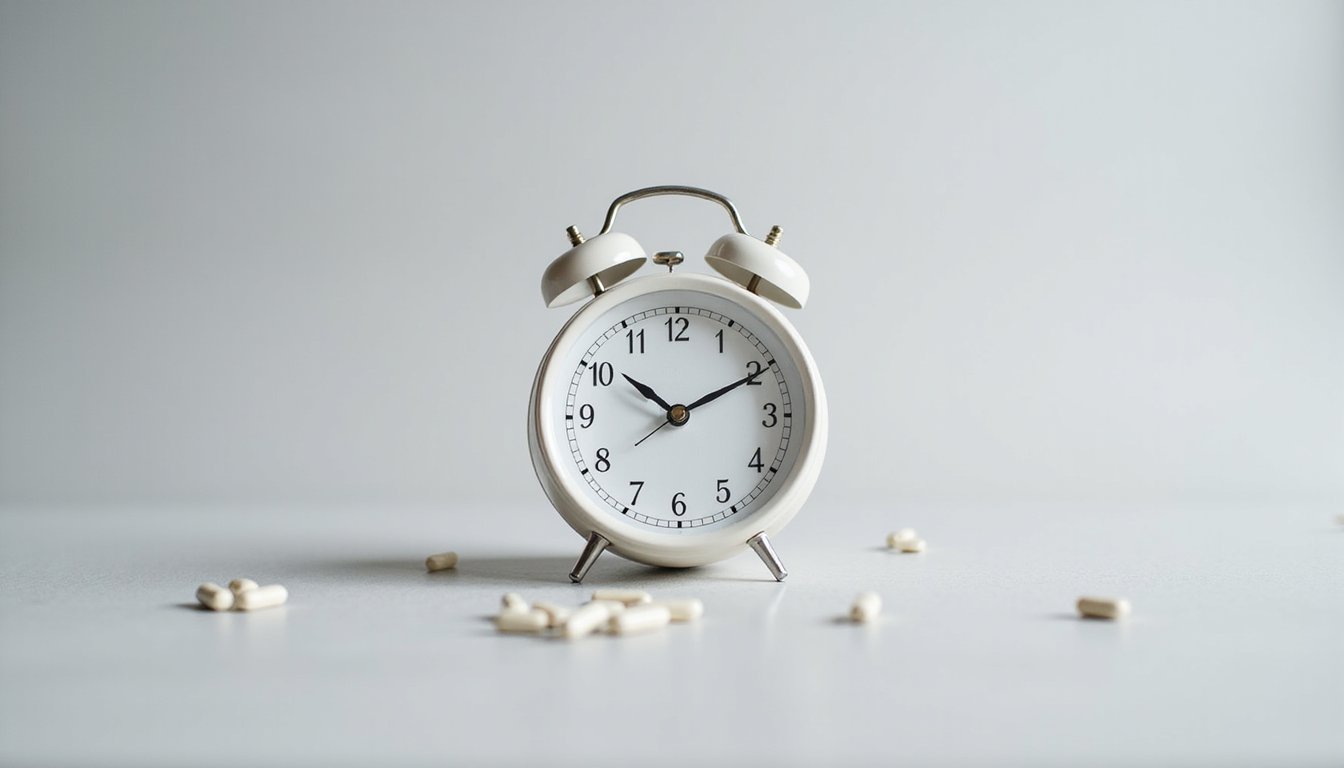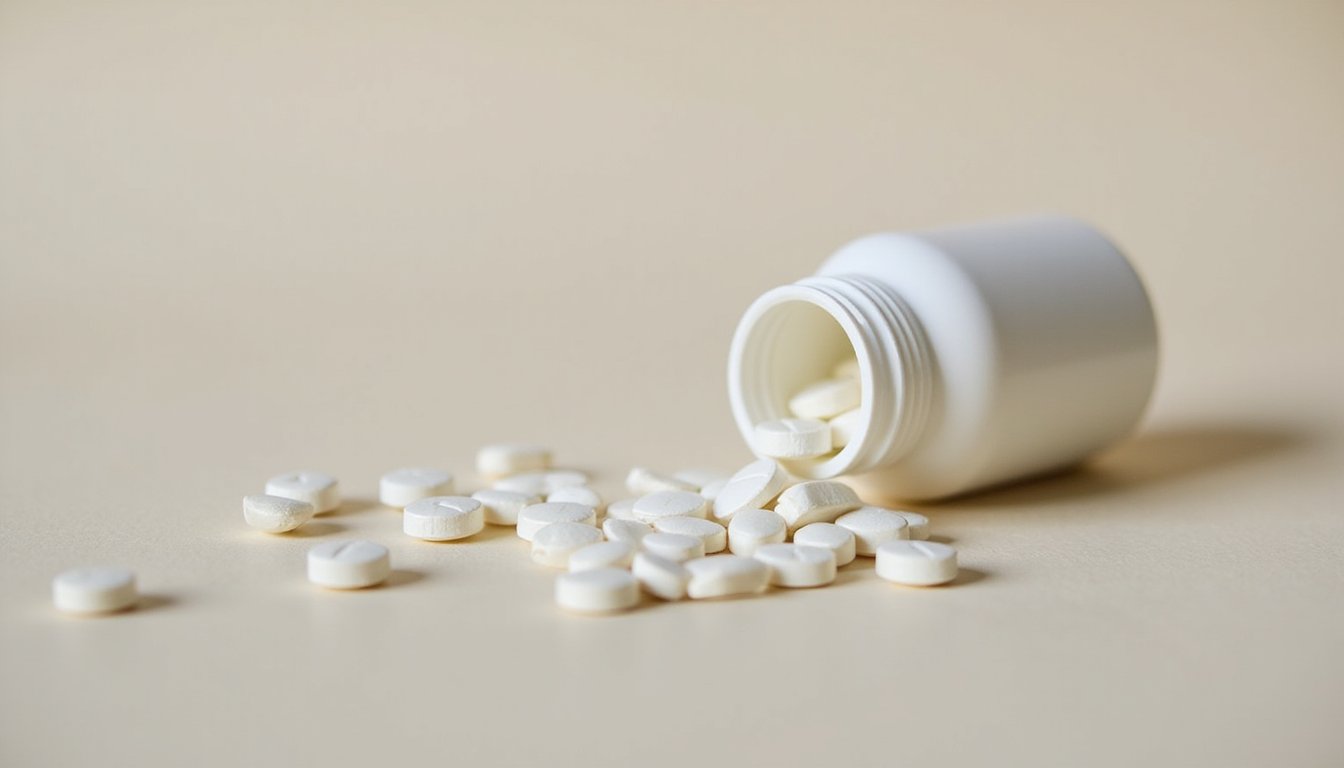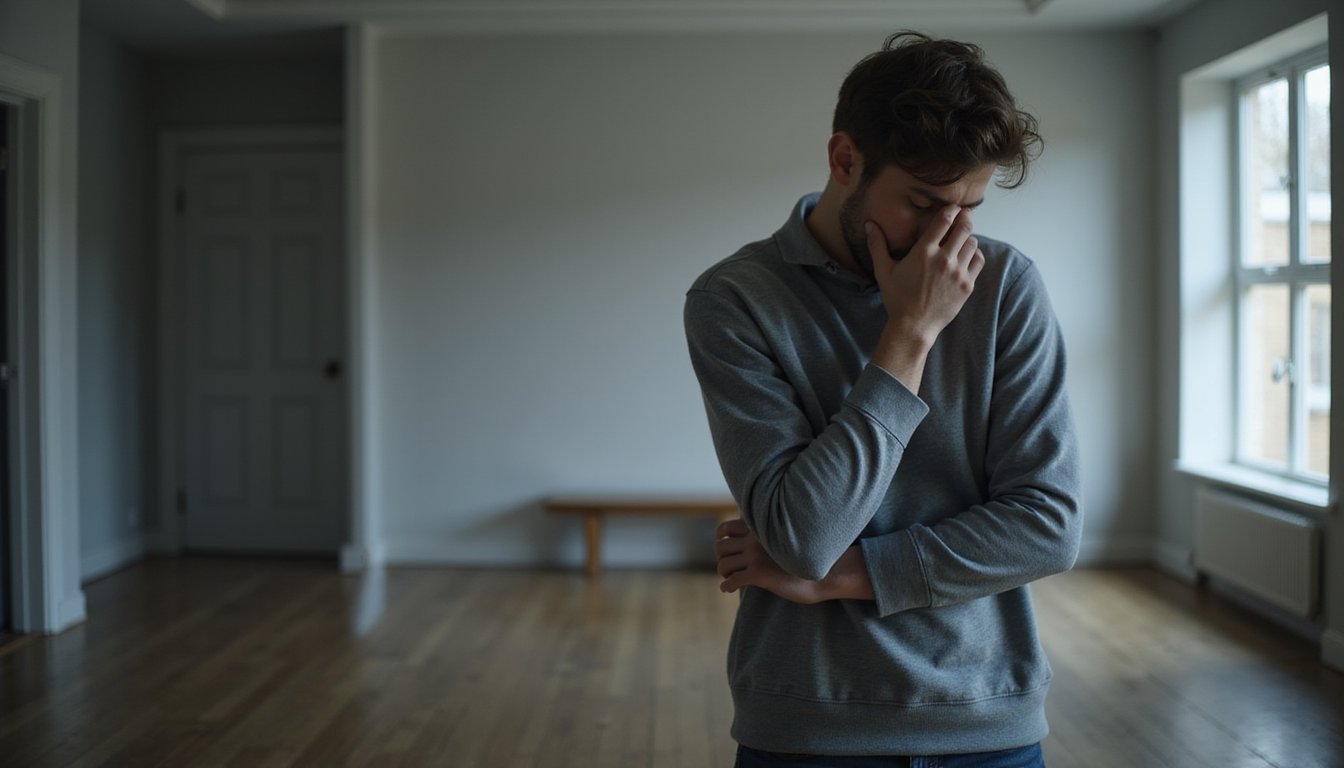Does Depression Make You Tired?
Depression can be exhausting. In fact, fatigue is so common in people who experience depression that experts have created a term called depression fatigue to describe the deep, energy-draining type of exhaustion that many people experience. Depression fatigue is one of the reasons why people living with depression often struggle to complete day-to-day tasks that appear “simple” to others. The fatigue that often accompanies depression can also be difficult to understand for the person who is experiencing it. Knowing when fatigue is a symptom of depression instead of a sign of a physical condition can be challenging. Why does depression make you tired? We’ll look at the link between depression and fatigue.
Does Everyone With Depression Feel Tired?
Fatigue is a frequently reported symptom in major depressive disorder, occurring in over 90% of clients, according to a 2018 review of fatigue in clients with major depressive disorder. Not everyone who experiences depression will feel tired all the time, though. Like all types of mental illness, depression can take on many forms. However, feeling tired is considered one of the core symptoms of depression for most people. That doesn’t mean that everyone who experiences depression fatigue is constantly tired. While it’s estimated that 90% of people with depression experience fatigue, the fatigue isn’t present all of the time. The “coming and going” effect of fatigue in depression can actually make understanding this symptom even more challenging for people.
In some people with depression, depression fatigue comes and goes. They may have days when they feel completely drained of all energy and motivation. These days are followed by other days when energy levels stabilize. During these “regular” days, they may even feel surprised by how much they are able to achieve compared to low-energy days. Other people with depression experience nearly constant states of relentless fatigue. For some, it can feel as though this fatigue is essentially holding them down in their beds or on their couches.
What Does Depression Fatigue Feel Like?
If you’re living with depression, you may be wondering if the constant fatigue that takes over is something more. The fatigue that accompanies depression can be so strong that it is often confused for illness, disease, or nutritional deficiencies. Examining the possibility that your fatigue could have another underlying medical cause is never a bad idea. However, it’s also important to view your fatigue as a symptom of depression instead of attempting to treat it as a standalone symptom.
Here’s a look at what fatigue often feels like for someone living with depression:
- General malaise
- Loss of motivation
- Weakness that can make completing tasks feel difficult
- Lack of concentration
- Body aches and pains
Unfortunately, the stigma that can go along with being exhausted often results in judgment from others. A person with depression-related tiredness may struggle with basic tasks associated with school and work. They may also struggle to keep up with cleaning a home, maintaining basic hygiene, or being able to leave the home for several days in a row. To friends, family, and outsiders, a person in the grip of depression fatigue may appear “lazy” or “unmotivated.” Others may mistake an inability to perform tasks as an unwillingness to do what’s necessary.
What people looking at depression fatigue from outside don’t know is that the fatigue that accompanies depression is not like “ordinary” fatigue. It feels very different from the type of tiredness that we experience when we are merely sleepy. Unlike ordinary tiredness that can be resolved by getting proper sleep, depression fatigue is a whole-body form of complete exhaustion that lingers even after a person has achieved adequate sleep.
Why Depression Makes People Tired
The picture on why people with depression are often tired isn’t completely clear. In some cases, several different factors could be contributing to fatigue. However, there is a lot we do know about the link between depression and fatigue.
Neurotransmitters
Neurotransmitters are important chemical messengers that direct the activity in our brain cells. According to information shared by Cleveland Clinic, depression impacts the neurotransmitters associated with the brain’s reward system. This little tidbit becomes even more interesting once you know that the brain’s reward system also regulates alertness.
A neurotransmitter called dopamine is thought to play an especially important role in contributing to depression fatigue. In addition to affecting mood and energy levels, low dopamine can also impact sleep and mental performance. Here are the core symptoms of low dopamine:
- Tiredness
- Lack of motivation
- Poor concentration
- Anxiety
- General moodiness
- Inability to enjoy experiences
- Feelings of hopelessness
- Low sex drive
- Poor sleep/sleep disturbances
The general fatigue and lack of interest in life that people in low-dopamine states experience is referred to as anhedonia by researchers. Current research links dopamine deregulation affecting multiple brain structures with this core symptom of depression. While the cause of extreme tiredness that many people with depression experience is likely tied to brain chemistry, other factors could be at play.
Stress
Many people with depression are under extreme stress. As they lose the ability to fully and joyfully participate in life, many people with depression struggle in their professional and personal lives. This can lead to difficulties at school, work, and home. The stress that accompanies these difficulties can actually drive a person deeper into depression. Being in a state of constant stress can drive the body into fight-or-flight mode. Once in this state, the body feels drained of energy because it is in constant states of vigilance and reactivity.
Sleep Disturbances
Depression and sleep problems are closely linked. In fact, sleep and depression are linked in so many different ways that it can be challenging to even know where the two issues begin to separate. First, experts at Johns Hopkins share that it’s known that people with insomnia have a tenfold higher risk of developing depression compared to people who sleep properly. It has also been discovered that 75% of people with depression struggle to either fall asleep or stay asleep.
Doctors aren’t completely sure how the link between depression and poor sleep works. It’s possible that people who suffer from poor sleep for prolonged periods of time may be more vulnerable to depression. Shortening restorative slow-wave sleep that is achieved only with consistent periods of undisrupted sleep can certainly affect many different aspects of mood and performance as time goes on. However, we cannot ignore the fact that the stress and anxiety that accompany depression can make sleep difficult.
Anyone who is suffering from depression related tiredness should do their best to prioritize sleep. Good sleep hygiene includes going to bed at the same time every night, waking up at the same time every day, and being intentional about sleep. Many experts also suggest creating an ideal sleep environment by limiting noises and distractions in the bedroom. It can also be helpful to avoid caffeine and screen use in the hours leading up to bedtime.
Depression Medications
Some depression medications are linked with drowsiness and lethargy. If you’ve been prescribed antidepressant medications by a care provider, it’s important to ask if your sudden fatigue after starting a new medication could be a side effect. Of course, you should never simply stop taking medications without first consulting with your doctor. In some cases, the fatigue-inducing side effects of antidepressant medications begin to wear off as you continue to take the medication. In other cases, care providers may recommend switching to other options that don’t produce these side effects.
Managing Fatigue in Depression
If you always feel tired and you believe it is a symptom of depression, it’s important to speak with a care provider. It’s also important to realize that your exhaustion is not a sign that you are lazy, unmotivated, or simply “milking” your symptoms. Remember that the opinions of others who are simply viewing the way that your symptoms are manifesting from the outside are not valid. While you should not attempt to “cure” depression at home, there are some everyday practices that may help you to manage fatigue by naturally restoring energy levels. One of those practices is daily exercise.
Doing 30 minutes or more of exercise a day for three to five days a week may significantly improve depression or anxiety symptoms, according to information shared by Mayo Clinic. Don’t feel bad if you don’t think you can muster up the energy to commit to 30 full minutes of activity. Experts think that getting up for even just a few minutes can still produce at least some of the benefits of longer exercise stretches. Exercise helps people to manage depression symptoms by releasing endorphins, taking the mind off of present worries for a few minutes, and fostering self-confidence.
Final Thoughts on Depression and Fatigue
Yes, depression can make you tired. In fact, deep fatigue that is accompanied by a loss of motivation is one of the core symptoms of depression. Getting help for depression is important if you suspect that your fatigue is tied to your mental health. The National Depression Hotline is here for you and your loved ones who may be suffering from depression.
Of course, it’s also important to discuss any other potential underlying causes of fatigue that could be in play. Your doctor may recommend getting blood work done to rule out other forms of illness if your fatigue is debilitating. Ultimately, it’s important to remember that being tired due to depression is not a reflection of your willpower or character. There are very strong chemical and physical dynamics in play that are causing you to feel a much deeper form or “tired” than what we experience when we merely need sleep.






